 David Cameron called for a series of reforms at the World Bank and the IMF. Photo: Fiona Hanson
David Cameron called for a series of reforms at the World Bank and the IMF. Photo: Fiona Hanson
David Cameron said he was now a «realist» about the need to cut the UK's foreign aid budget, but urged global banks to lend more money to counter China's influence in developing countries.
The former prime minister, who criticized Rishi Sunak for violating the British pledge to spend 0.7% of national income on aid, says reform of the IMF and the World Bank will allow banks to make up for falling direct support from rich countries.
B In an exclusive op-ed for The Telegraph, Mr. Cameron said that China has become «the world's largest official creditor» and is buying support in developing countries with its controversial Belt and Road Initiative.
The scheme, a major component of Xi Jinping's foreign policy, aims to invest Chinese in infrastructure around the world to expand its influence, but Mr. Cameron said it «burdens countries with debts they cannot afford to repay.»< /p>
He urged Mr. Sunak to lead a global effort to reform multilateral development banks (MDBs) so they can lend more than $1 trillion to poorer countries and crowd out Chinese investment.
“There is no point in complaining about countries that have joined the Belt and Road if we cannot tell them, ‘Here is an alternative,’” he said. “It might not be as flashy as ‘make poverty history’. but «expand MDB balance sheets» is the next major imperative in the fight against poverty.»

Mr. Cameron Comments coinciding with the end of the World Bank and IMF spring meetings, which conclude Sunday in Washington.
He said the UK should be «at the forefront» of bank expansion efforts as wealthy countries cut their foreign aid budgets.
Mr Sunak, then Chancellor of the Exchequer, cut the UK contribution to 0.5 per cent. national income in 2020 as the government grappled with the costs of the Covid pandemic.
The decision sparked controversy among some Conservative MPs, including Theresa May, Cameron's successor, who pledged to spend 0.7 percent.» . may break down for many years.”
At the time, Mr. Cameron said the decision was «a very sad moment» and involved «breaking a promise made to the poorest people and the poorest countries in the world.» Ministers have pledged to restore the budget when public finances improve, but no date has been set.
But Mr. Cameron said he was now «realistic» about the decision to cut aid and urged international organizations to counteract it, increasing lending.
“In 2020, the 0.7% commitment was breached,” he said. “I then said that it was a mistake. But I'm a realist. Money is tight. However, the need for investment in developing countries is greater than ever.”
He called for a series of reforms at the World Bank and the IMF, including changing the way banks calculate the risk of their investments, saying : “They could use their balance sheets more effectively and increase their risk appetite by changing the way they do their valuations.
“They could operate across countries, not just with individual governments. They should become more transparent and work more closely with private capital. They should focus on small and medium firms, not just large infrastructure projects, and give developing countries more say.
“It is critical that they could do much more to target aid to vulnerable states, where there is a need for it. is the greatest and whose continued failure — and potential threat of collapse — has such dire consequences for the people who live there and for the rest of the world.»

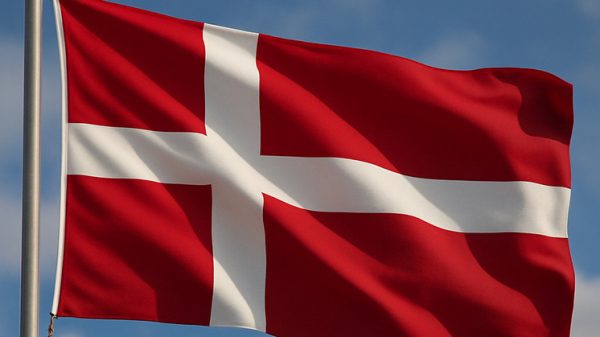



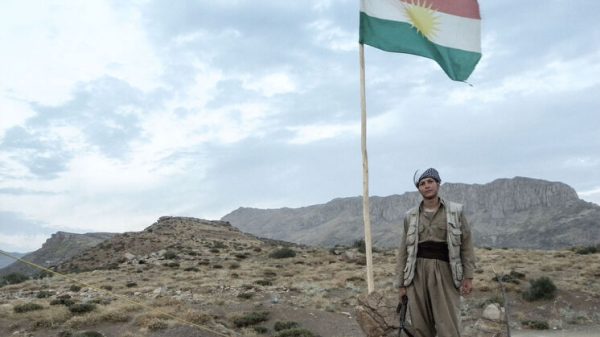









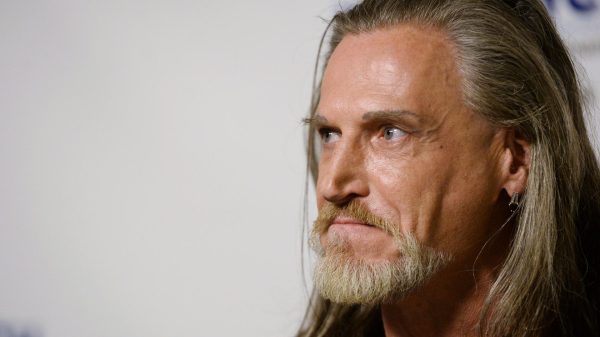

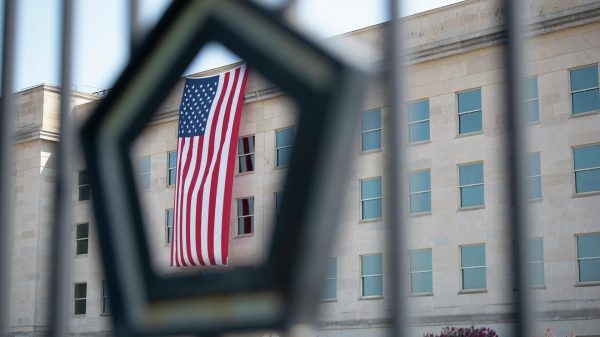


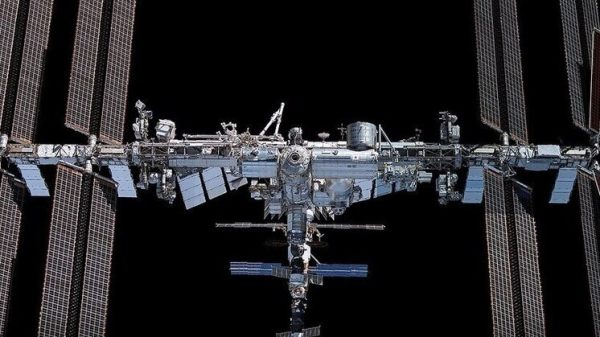



































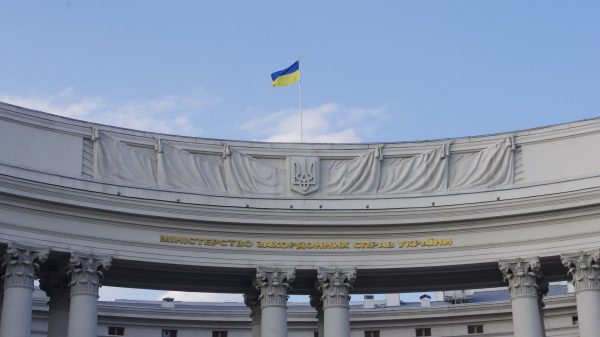

Свежие комментарии